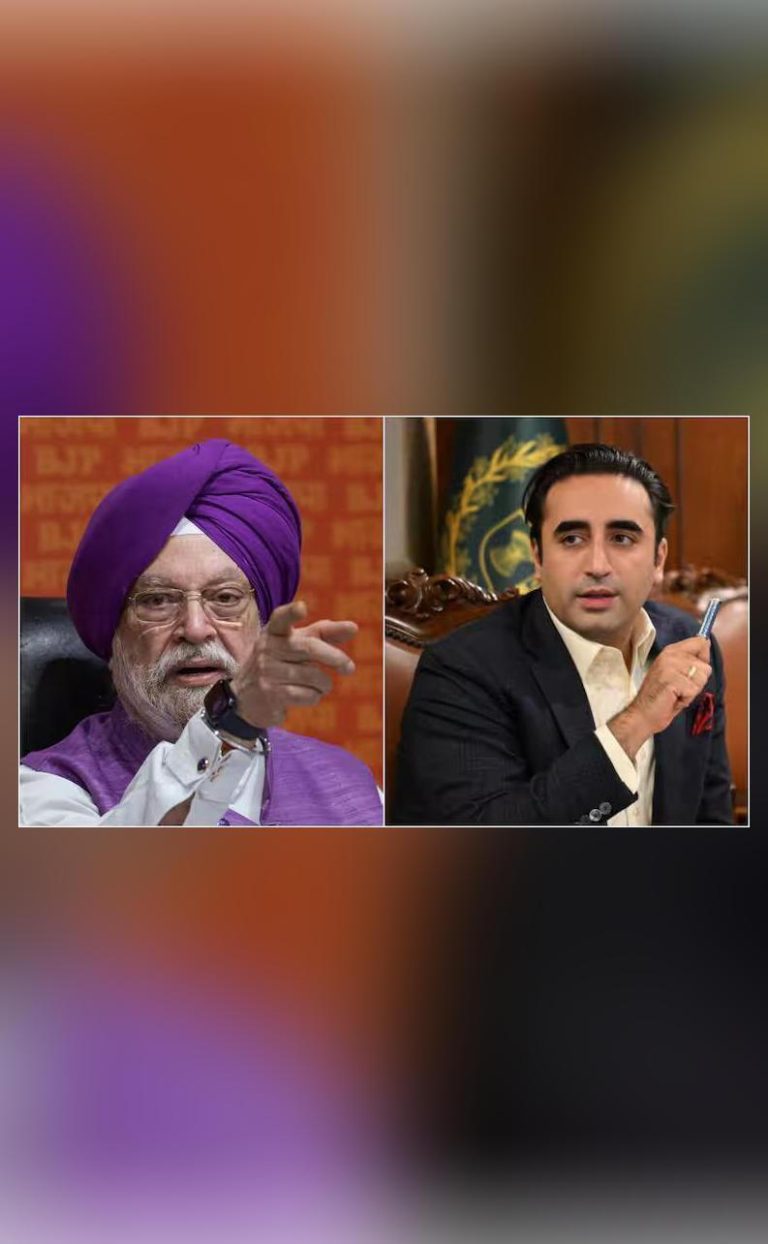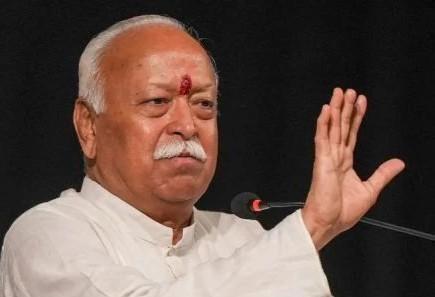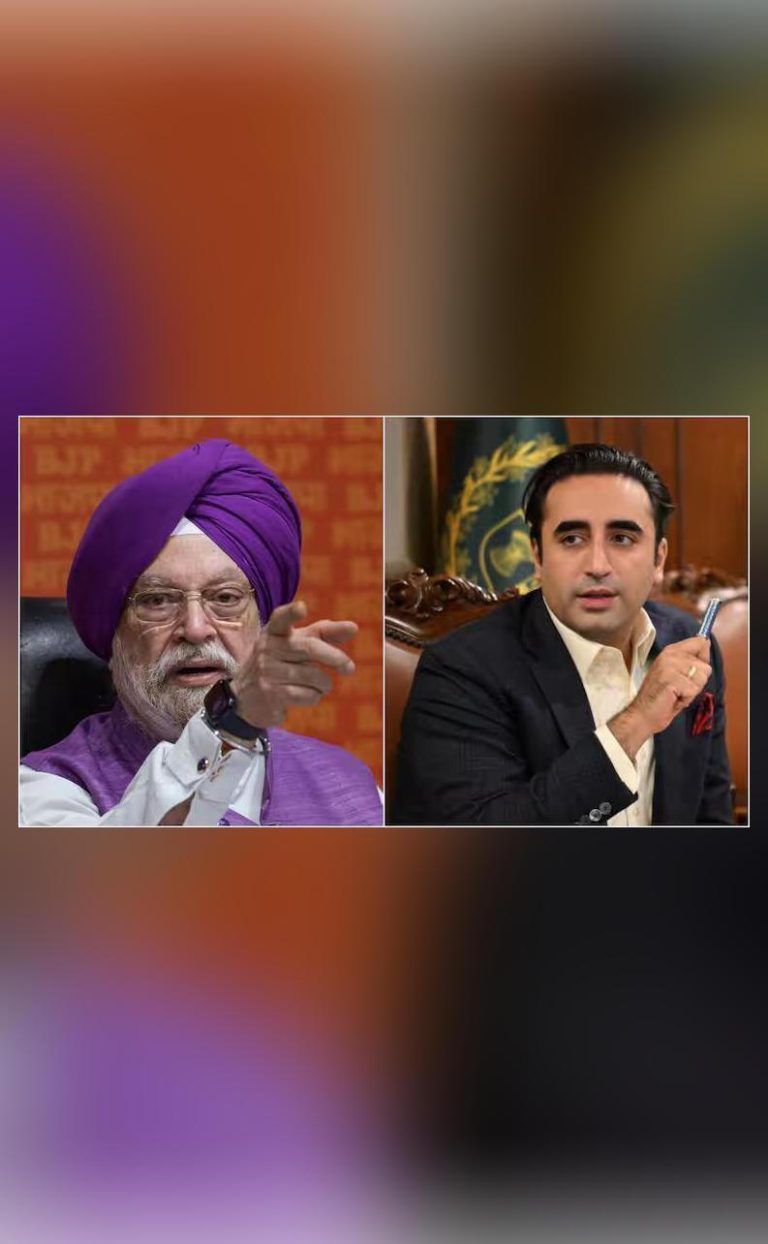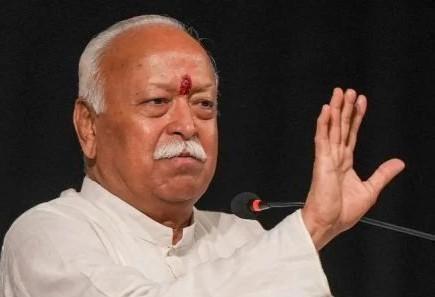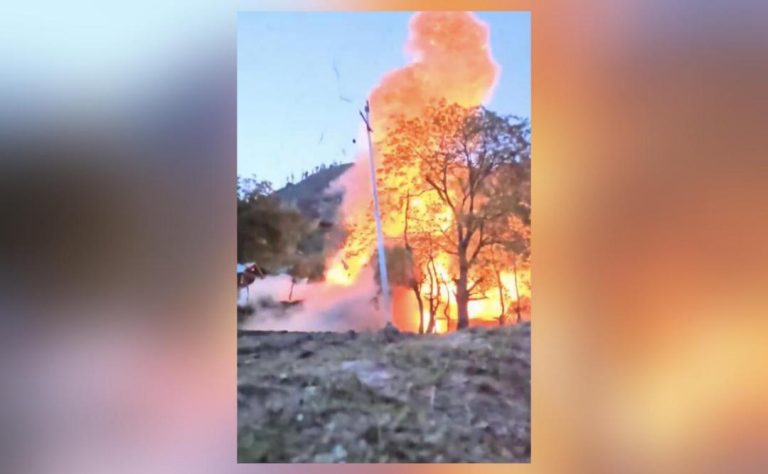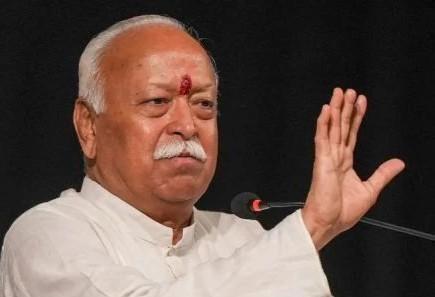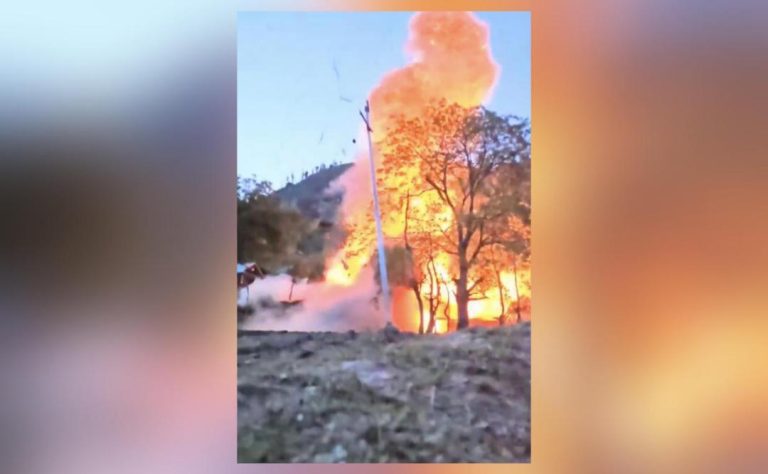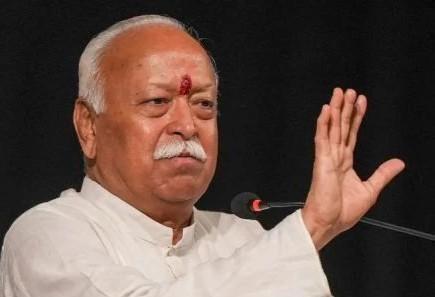
If someone turns to evil then we’ll teach lesson: Bhagwat on J&K attack
The recent terror attack in Pahalgam, Jammu and Kashmir, has sent shockwaves across the country, leaving the nation in a state of grief and outrage. In the aftermath of this dastardly act, Mohan Bhagwat, the chief of the Rashtriya Swayamsevak Sangh (RSS), has reiterated India’s commitment to non-violence while emphasizing the need to teach a lesson to “oppressors and hooligans”. In a statement that has sparked controversy, Bhagwat has said that if someone is bent on being evil, there is no alternative to teaching them a lesson.
Bhagwat’s remarks come at a time when the country is still reeling from the aftermath of the Pahalgam attack, which claimed the lives of several innocent civilians. The RSS chief’s statement has raised eyebrows, with many interpreting it as a veiled threat to those who perpetrate violence. However, Bhagwat’s statement must be seen in the context of India’s long history of non-violence and its commitment to upholding the values of ahimsa or non-violence.
India’s non-violent philosophy is rooted in the teachings of Mahatma Gandhi, who led the country to independence through non-violent resistance. Gandhi’s philosophy of non-violence is not just a moral principle but a pragmatic approach to achieving social change. It recognizes that violence only breeds more violence and that non-violence is the most effective way to bring about lasting change.
However, Bhagwat’s statement also highlights the need to protect the people from those who seek to harm them. As the RSS chief pointed out, the duty of the king or the state is to protect its people, and this duty cannot be discharged by tolerating violence and terrorism. In this context, Bhagwat’s statement can be seen as a call to action, urging the state to take concrete steps to prevent and punish those who perpetrate violence.
It is worth noting that Bhagwat’s statement has been interpreted as a veiled threat to Pakistan, which has been accused of supporting terrorist groups operating in Jammu and Kashmir. However, Bhagwat’s statement must be seen in the context of India’s commitment to dialogue and diplomacy. India has always maintained that dialogue is the best way to resolve differences with Pakistan, and Bhagwat’s statement should not be seen as a rejection of this approach.
In conclusion, Bhagwat’s statement on the Pahalgam attack highlights the need to balance India’s commitment to non-violence with its duty to protect its people. While non-violence is India’s religion, there are times when the state must take concrete steps to prevent and punish those who perpetrate violence. As the RSS chief pointed out, if someone is bent on being evil, there is no cure but to teach them a lesson. However, this lesson must be taught in a way that is consistent with India’s commitment to non-violence and its values of ahimsa.
News Source:
https://youtu.be/SpAKVWl5wII
